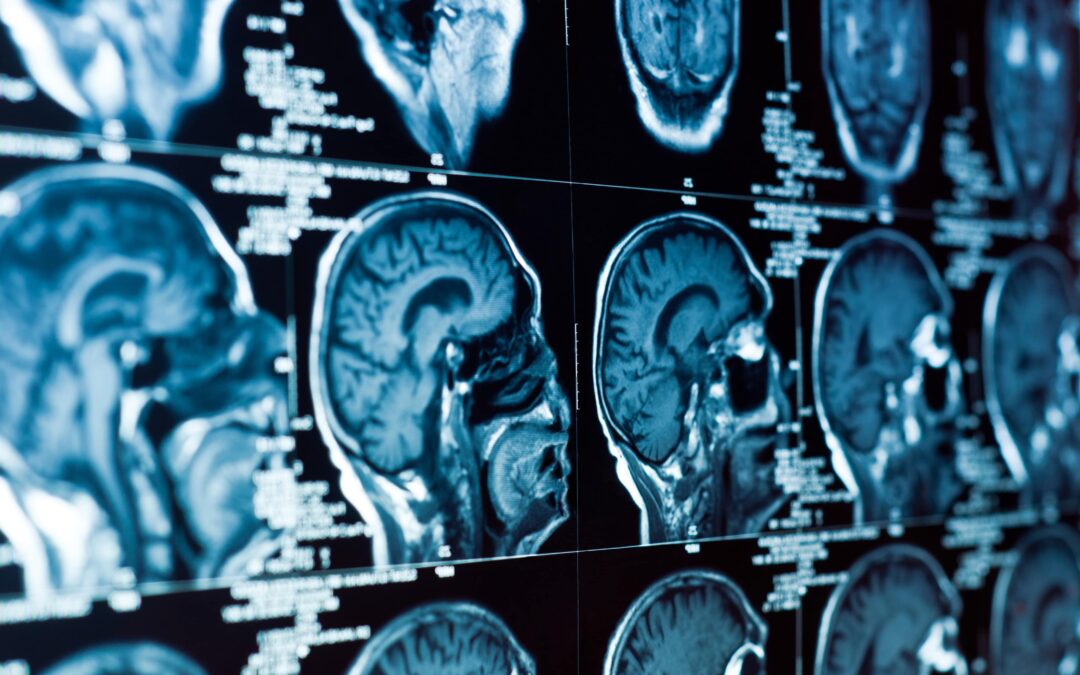Brain Injury Lawyer
What is a traumatic brain injury (TBI)?
A traumatic brain injury (TBI) is a disruption in the normal function of the brain caused by a blow, jolt, or penetrating head injury. TBIs can range from mild, such as concussions, to severe, leading to long-term cognitive, physical, and emotional impairments. Common causes of TBIs include car accidents, falls, sports injuries, and violence.
What are the symptoms of a brain injury, and how do they manifest?
The symptoms of a brain injury can vary depending on the severity and location of the injury. Mild TBI symptoms may include headaches, dizziness, confusion, memory problems, and changes in mood or sleep patterns. More severe TBIs can lead to loss of consciousness, seizures, difficulty speaking or understanding language, persistent nausea or vomiting, and weakness or numbness in the extremities. It’s important to seek immediate medical attention if any of these symptoms are observed after a head injury.
How are brain injuries diagnosed and treated?
Diagnosing a brain injury typically involves a combination of medical evaluation, neurological exams, and imaging tests, such as CT scans or MRIs. Treatment varies based on the severity of the injury. Mild TBIs may only require rest and monitoring, while more severe cases may need surgery to relieve pressure on the brain or rehabilitation to regain lost functions. Recovery from brain injuries can be a lengthy process, and some individuals may experience long-term or permanent impairments.
Can brain injuries have long-term effects?
Yes, brain injuries can have lasting effects on a person’s physical, cognitive, and emotional well-being. Long-term consequences may include memory problems, difficulty concentrating, changes in behavior or personality, mood swings, and challenges with speech or motor skills. Some individuals may require ongoing therapy, medication, or support to manage their symptoms and adapt to their new circumstances.
Can I seek compensation for a brain injury caused by someone else’s negligence?
Yes, if you have sustained a brain injury due to the negligence or intentional actions of another party, you may be entitled to seek compensation through a personal injury lawsuit. These cases aim to recover damages for medical expenses, lost wages, pain and suffering, and other losses associated with the injury. It is crucial to consult with an experienced personal injury attorney to evaluate the merits of your case and guide you through the legal process.
What if the brain injury was caused by a defective product?
If a brain injury is caused by a defective product, the injured party may have grounds for a product liability claim against the manufacturer or distributor of the product. Product liability laws hold manufacturers accountable for injuries caused by their defective or dangerous products. These cases can be complex and require the expertise of a skilled attorney to pursue a successful claim.
![Dark-Logo[3]](https://hayhurstlaw.com/wp-content/uploads/2021/07/Dark-Logo3.png)

